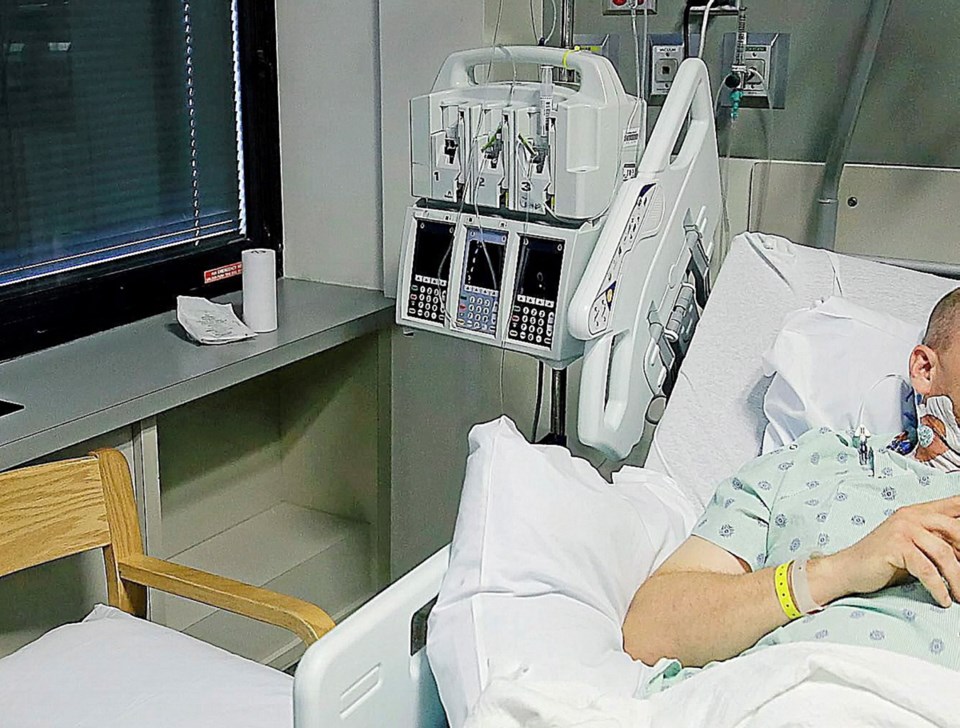The number of men receiving organ transplants in B.C. far exceeds the number of women receiving them, and a University of Victoria nursing professor wants to know why.
From 2004 to 2014, men accounted for 1,803 of the province’s 2,930 organ transplants — about 61.5 per cent. Women received 1,127, about 38.5 per cent.
While the head of transplants for B.C. points to a higher likelihood that men will have medical conditions requiring transplants, Lynne Young notes the current wait-list — 212 women and 257 men — is closer to 45-55 per cent.
Young, who studies gender issues in medical care, said it’s “hard not to be concerned” about pronounced discrepancies between male and female recipients. “Because for the total numbers in the past decade, for all organs, there is a clear weighting toward males receiving the organs.”
Ten years ago, Young co-wrote an article in Health Care for Women International that found men more likely to be selected to receive donor hearts, and women more likely to be the caregivers for those who get transplants.
That’s likely still the case, she said. “Very often in the decision into whether someone can or cannot receive a transplant, it’s all about who is the primary caregiver, who is usually a woman.”
But the numbers aren’t the whole story, said Dr. Greg Grant, provincial executive director of B.C. Transplant, the agency responsible for organ donation and transplantation. “It may be that the underlying prevalence of disease leading to the need for the heart transplant is higher in men,” he said, noting that men are more likely to develop diabetes, kidney failure and high blood pressure.
Grant said fewer women die of cardiac disease than do men, but he doesn’t know whether that accounts for the difference in the number of heart transplants. “We could begin to look at that data, but it’s such a complex question.”
Young said research is needed to explain the gender gap.
“I hear what [Grant] is saying, that gender isn’t the only consideration, but what is missing is asking why this is the way it is.”
In 2014, nine women received heart transplants compared with 12 men, something Young sees as improvement. The year before, it was six women and 15 men.
Still, Grant notes that B.C., where 72 per cent of heart recipients have been male in the past 11 years, is in line with the international average.
When it comes to donor kidneys, women are harder to match than men, he said. A woman who has carried three children has been exposed to three sets of antigens, particularly if the children had different fathers. That means they are “much more likely to have what we call sensitivity” that may restrict matches to one in 10,000 kidneys.
“My major concern would be if there was a bias,” Grant said. “If women weren’t selected for some reason. But you certainly can’t argue if the disease process is different.”



